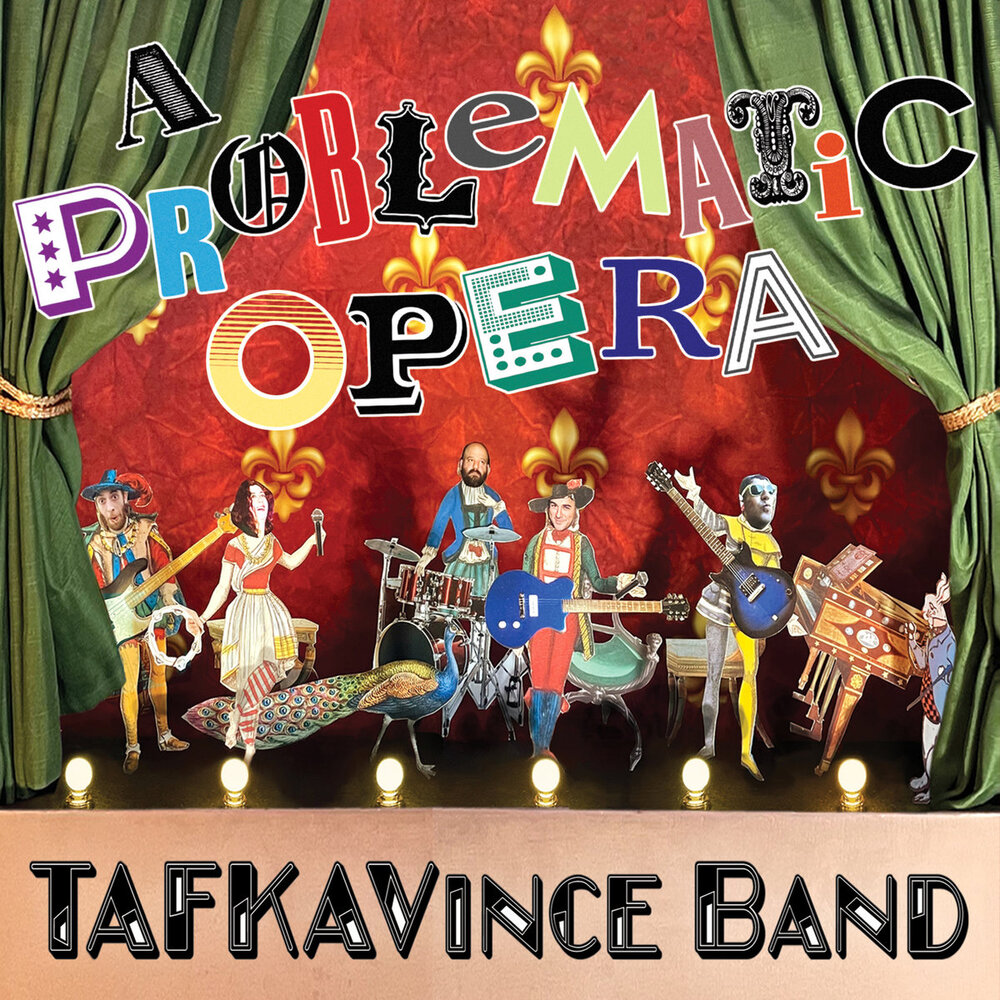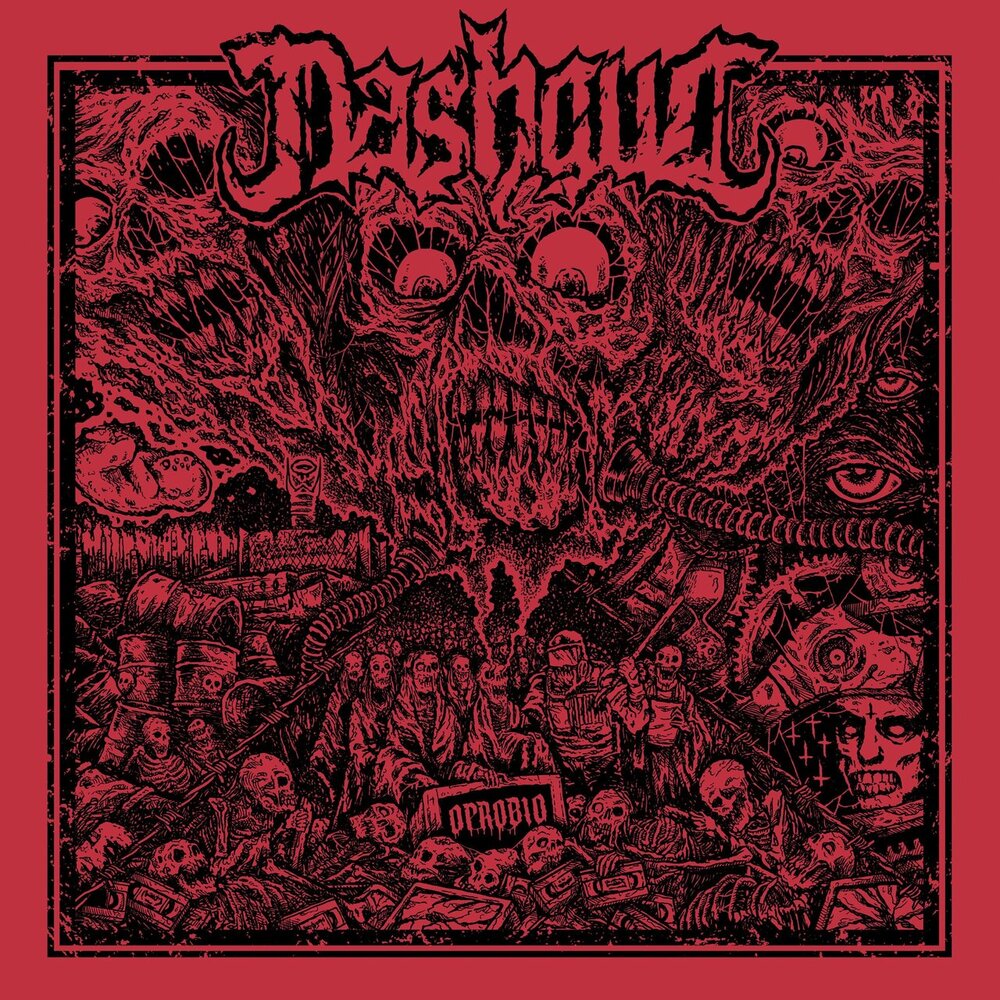 |
Country: Sweden
Style: Heavy/Power Metal
Rating: 8/10
Release Date: 6 Oct 2023
Sites: Facebook | Instagram | Metal Archives | Official Website | Wikipedia | YouTube
Well, here's a real blast from the past. I've seen it written that Heavy Load were the first Swedish heavy metal band, setting the stage for everything that followed within a country that has firmly punched above its weight for the last few decades. However, this is very much a comeback, as their previous album, their third, came out the year before I discovered rock music. I'm a grandfather of ten who's listened to rock and metal for most of my life and yet this is the Heavy Load's first album since I've known what that was. That's how long they've been gone!
To put some actual dates on that, the Wahlquist brothers founded Heavy Load back in 1976, so the same year as U2, Foreigner and Tom Petty & The Heartbreakers or, to pick a far more comparable band, Diamond Head. They put out albums in 1978, 1982 and 1983 before splitting up, so this album arrives no fewer than forty years after its predecessor. Given all that, it really ought to be good to be worth such a wait and to highlight that Heavy Load are relevant in a completely different era. I am very happy to state that it is. I like this a lot. Welcome back, folks!
I remember the name of Heavy Load but don't remember what they sounded like back in the day, a combination of heavy/power metal about all I can bring to mind. They're still there today, with this sounding very much like old school heavy metal with progressive and epic layers. Think bands such as Manilla Road or Brocas Helm rather than more modern power metal bands like Dragonforce or Blind Guardian. Then add some early Rush, mostly in the changes, and stir to taste.
Ride the Night opens up in that style and sounds good without really generating much else worthy of comment. We Rock the World continues it, though in a slightly more slimmed down version. The lyrics are precisely as clichéd as you might expect, with whichever Wahlquist brother sings lead on this one telling us that they're going to rock the world, shock the world, shake the world, you name it. However, the music sounds great, this one being a real stalker of a song that follows you down a street with serious intent.
So far so good, but it elevates from there for me. Those two openers are the shortest songs on the album, We Rock the World at four minutes and Ride the Night at five and a half, but they let these songs breathe from then on. Walhalla Warriors doesn't quite reach six but it features a section in which the band step back for Torbjörn Ragnesjö's bass to take the spotlight and, while he doesn't do anything particularly flash, he sounds absolutely wonderful and the band gradually join back in to equally strong effect.
Angel Dark is better still, a heavy song with some of those early Rush changes, harmonies and bass that brings Budgie to mind, maybe even some Demon. Ragnesjö contributes more joyous bass, but a guitar steals the spotlight midway in memorable fashion. The song almost stops dead, so they're able to shift into a completely different gear but the accompanying guitarwork is delightful. I have to assume that this is the work of new fish Nic Savage, cementing his place in the band. He joined in 2018, when they reformed, taking the role previously played most frequently by Eddy Malm. The rest of the musicians all date back to the seventies, even if Ragnesjö wasn't there for the start or the end of the original run of the band.
Slave No More seriously takes its time, mixing some slow old school epic power metal with middle eastern flavours as Rainbow used to do. Then it gets slower still. It's almost doom metal when the verses kick in, but it never loses its epic flavour and it stays heavy throughout. Raven is Calling is a more up tempo track and it's a good one but a less noteworthy one. Sail Away kicks off with a Blue Öyster Cult vibe and finds a magnificent groove. That's four great songs out of seven, with a fifth not far behind them. That's a damn good hit rate for a band who haven't recorded in forty years.
What's left is Butterfly Whispering, which isn't at all what I expected. There's a long intro done on acoustic guitar that's folky but powerful and, well, it isn't an intro. It keeps going in that vein for seven minutes and three seconds. There are no vocals, drums or bass. It's just two guitars weaving back and forth for the entire track, so it's less of a song and more of a piece of music. I liked it a lot but I don't know yet whether it'll stay as strong after many repeat listens. It's doing OK so far.
And, while that's a pretty traditional track by track runthrough, which I generally hate doing, it's how it seems to play to me. It starts decently but improves quickly. The best songs are right there at the heart of the album, from Walhalla Warriors to Raven is Calling, followed by another good one and then that long outro, if that's what we should call it. It's hard to think of it in a different order, but fortunately we don't have to. It's a strong return for a pioneering Swedish band and I'm happy that they're back. Here's to the next one!


















